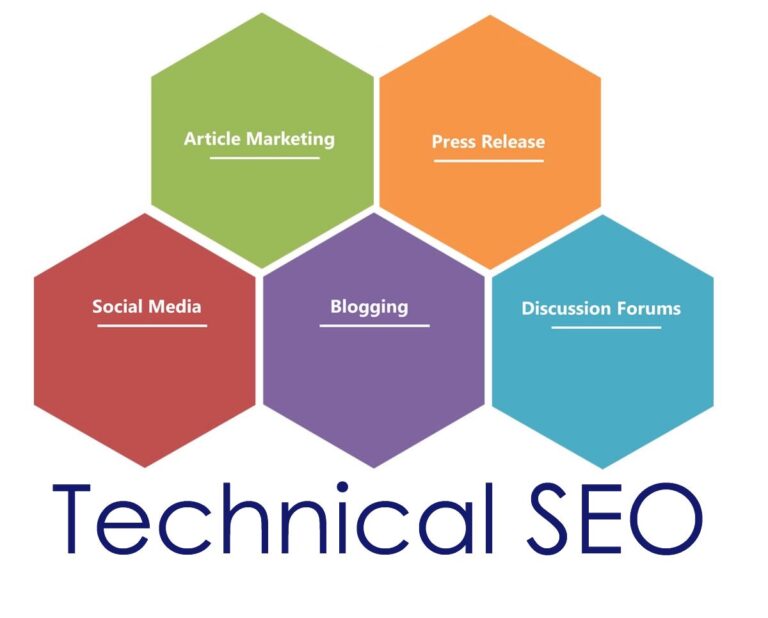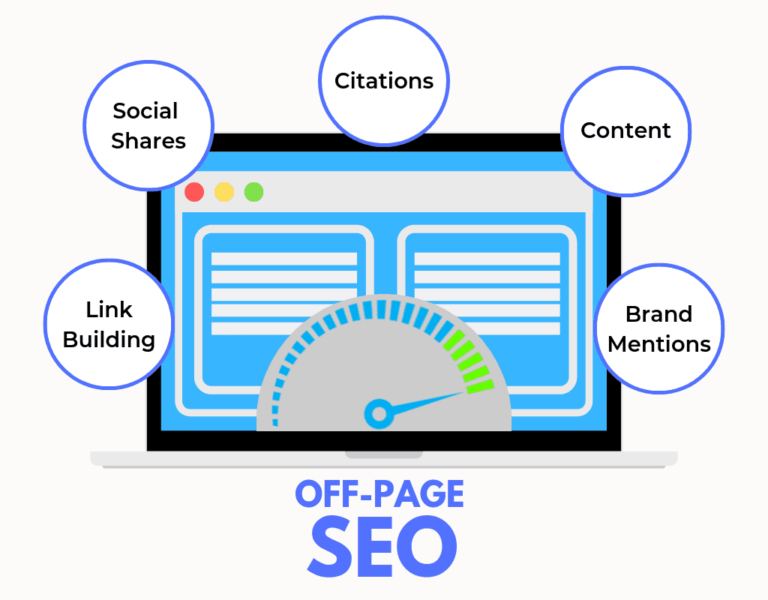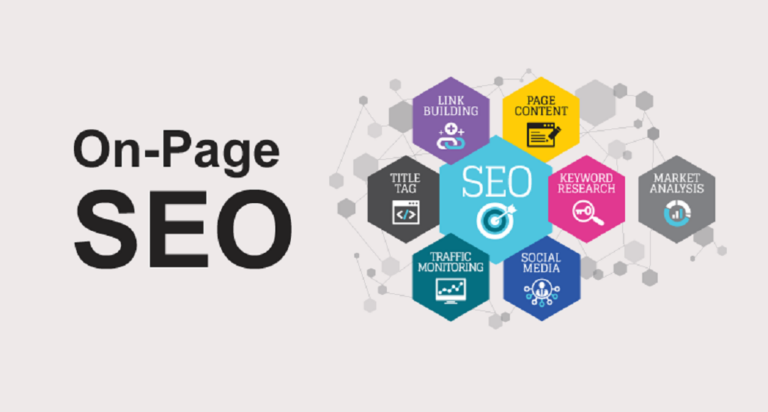introduction
In order to capitalize on SEO, you’ve got to take care of several important details. First, you offer a unique, top-notch product. Next, you make sure your website is attractive, your content stellar. And then you’re a social media rock star, actively participating on the big three platforms (Facebook, Twitter, LinkedIn), and you’re reaching out to influencers and sharing other peoples’ content. To top it off, you’re writing incredible content. All of this is being done in an effort to drive more traffic to your website.
What is SEO?
First, let’s recap what is SEO? The most simplified definition is that SEO is the process of optimizing your website for Search engines.
Optimization in the SEO context means:
- Making sure that search engines can access and index your website without any problems
- Having high-quality content that matches the intent of the searcher
- Giving search engines crawlers the right signals to understand the structure of your website
- Helping search engine spiders understand the meaning (context) of your content.
- Giving search engine algorithms reasons to trust your website and rank it higher than other websites.
Technical SEO

Technical SEO is the process of optimizing your website to help search engines like Google find, understand, and index your page.
Technical SEO relates to all the SEO activities excluding content optimization and link building. In simple terms, it covers following search engine requirements in order to improve crawling. These requirements are constantly changing and becoming more complex in order to keep up with the search engines, which are getting more and more sophisticated each day. So we can say that technical SEO is in a state of constant refinement.
Technical SEO needs to be optimized to make the necessary foundation that provides your content and links with the best possible marketing environment so you can shine in the search engine results without any obstacles.
Technical SEO elements:
- Website speed
- Mobile friendliness
- Site architecture
- Structured data markup
- Duplicate Content
Why is technical SEO important?
Technical SEO is essential because it helps you build a website that search engines can easily understand. If a search engine is able to crawl, index, and render your webpages correctly, it increases your chances of ranking in search results.
Off-Site SEO

off-page SEO includes all SEO activities that happen outside of your website to improve your search engine rankings.
The common off-site SEO strategies include link building, content marketing, social media marketing, guest posts, podcasting and video marketing.
In short, any activity that doesn’t involve publishing content on your own website falls under off-page SEO.
These signals tell Google what others think of your site. They make your website trustworthy and authoritative. For example, when there are a lot of valuable websites linking to your pages, search engines will perceive that you have great content. The type of content that provides value for users.
Why On-Page SEO Is Important?
On-page SEO is important because it helps search engines understand your website and its content, as well as identify whether it is relevant to a searcher’s query.
As search engines become more sophisticated, there is a greater focus toward relevance and semantics in search engine results pages (SERPs).
On-Page SEO

On-Page SEO is the practice of optimizing your website to rank higher in search engines, as well as to earn more relevant traffic to your page. On-Page SEO involves elements in your website like technical set-up, the quality of your codes, textual and visual content, and the overall user-friendliness of your site.
Why is On-Page SEO Important?
On-page SEO is crucial to your SEO strategy as these factors are what search engine crawlers use to assess and determine what content should appear at the top of the search results page (SERP) when users place keywords on the search bar.
Google says it themselves in How Search Works, “The most basic signal that information is relevant is when a webpage contains the same keywords as your search query.” Having relevant keywords on essential on-page factors like metadata, headings, body, and even images help assess if the content is relevant to the user’s queries.
Elements of On-Page SEO:
- URL Structure
- Title Tag & Description
- Heading Structure
- On-Page Content Optimization
- Add Imagery & Multimedia
- Internal Linking
- External Linking
- Schema Markup
- Page Load Speed
- Mobile Friendliness
Content SEO

Content marketing is a proven method of driving traffic to your website and turning visitors into customers. As the name implies, this form of marketing is all about using SEO content writing to increase your site’s authority and improve your rankings for keywords that people search for organically. But what is SEO content writing and how do you create content that gets results? There are certain elements SEO articles must have in order to engage readers and build awareness of your brand.
simple ways you can create more SEO-friendly content
- Keyword Research
- Topical Authority
- Content Optimization
- Appropriate Article Length
- Share Your Work
Mobile SEO

The term mobile SEO refers to a set of practices aimed at optimizing a website for both users accessing it through their mobile devices as well as mobile bots from Google.
As the number of mobile searches exceeds the ones made from desktops, Google and other search engines have begun putting more emphasis on ranking pages that provide a great user experience on smartphones and tablets.
As a result, mobile-friendliness affects rankings. Not to mention that Google also uses a mobile-first index when cataloging and ranking web pages.
Why is mobile optimization important?
Customers today spend increasing amounts of time exploring all types of content on mobile. According to Google, more searches are now performed on mobile than on desktop. In BrightEdge Research’s mobile study, we found that 57% of all online traffic occurred on smartphones and tablets. Email Monday found that between 15 and 70 percent of emails are opened on mobile devices, depending on target audience. Mobile search has overtaken desktop for most industries.
eCommerce SEO

If you’re not familiar with search engine optimization, or SEO, you should be! Ecommerce SEO refers to the process of optimizing a website according to the guidelines of major search engines (like Google, Bing, and Yahoo) so that it appears more frequently, and ranks higher, in search results.
Although that sounds difficult, SEO really isn’t all that challenging as long as you know what you’re doing. In fact, many webmasters and store owners have been utilizing SEO best practices for ecommerce for years without even realizing it. But competition online is fierce, and the number of ecommerce stores online grows every day. So it’s now more important than ever to get your site up to par.
Why SEO For Ecommerce Matters
What do consumers do when they need a product or service? Many perform Google searches. They’re looking for options, tips, comparisons, and other information to help them make informed decisions.
If your website doesn’t appear in the SERPs, you lose critical access to qualified and interested ecommerce customers. Your products might have a space on the web, but are they findable?
That’s where ecommerce SEO comes in. It provides you with a way to reach your target audience without paying for ads. Once you get people to your site, you can delight them with your high-quality products, intriguing copy, and motivating calls to action.